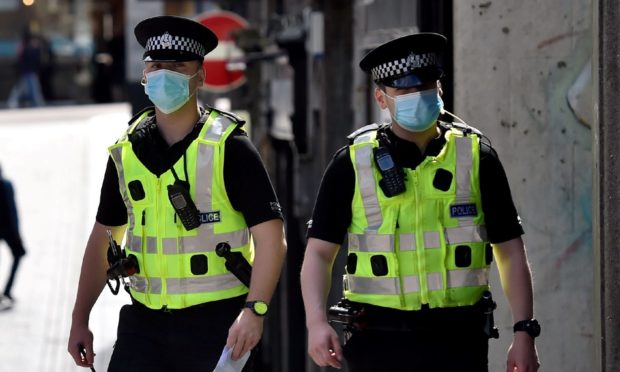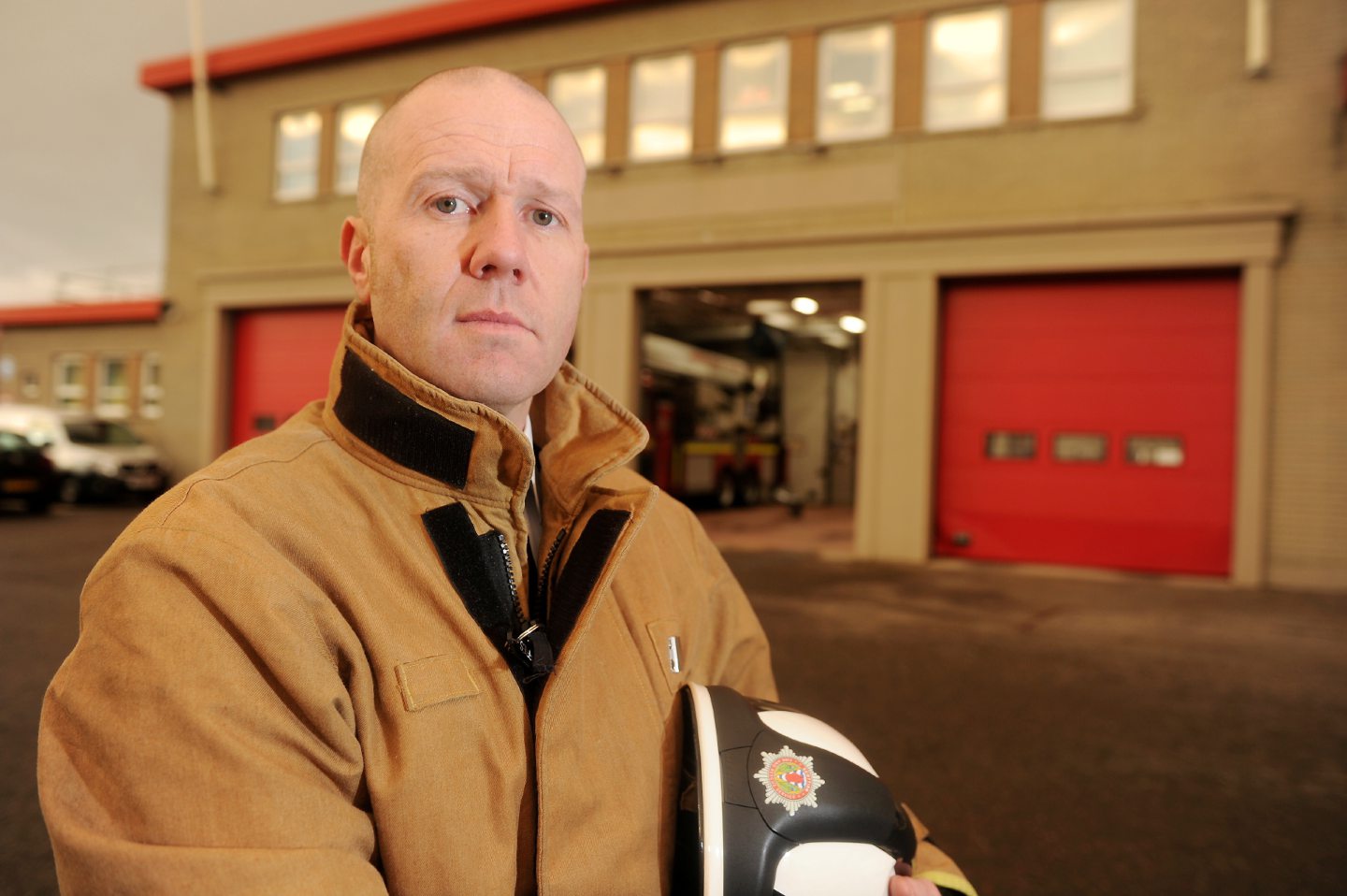Attacks on emergency workers across the north have soared since the start of the pandemic, shock new figures show.
Shocking new figures revealed exclusively by The Press And Journal show police, paramedics and others are being targeted twice a day, up a quarter on the same period last year and the highest increase anywhere in the country.
On average, two workers were attacked every day between April and September, with 374 logged overall – a staggering 23% more than the same period in 2019.
There was also a steep rise in incidents in the Highlands and islands, with a 15% jump in numbers.
By comparison, the Scottish average was a comparatively small 8% increase.
Three of the country’s 14 police divisions experienced a fall in numbers – including in Ayrshire where they dropped by almost a fifth.
Police have warned of a zero-tolerance approach towards anyone carrying out these assaults, and some politicians are calling for increased sentences on those convicted in light of the shocking statistics.
Zero-tolerance for attacks on workers
Assistant Chief Constable John Hawkins said: “Attacks on our officers and staff, or our colleagues in other emergency services, are outrageous and disgraceful.
“Abuse and assault is not simply part of the job for police officers and staff and will not be tolerated.
“The Chief Constable has made it clear that this is completely unacceptable and he has committed to reducing the impact of violence and improving the safety of officers and staff.
“Threatening a member of police personnel or any other emergency service worker while they are carrying out their duties to keep the public safe will result in immediate arrest.”
Earlier this month the Scottish Fire And Rescue Service reported that two crews had been assaulted on Bonfire Night, but no-one was injured.
David Farries, head of response and resilience, said: “Attacks on any emergency service worker is unacceptable.
“We will continue to work with our police colleagues to identify those responsible.”
A spokesman from the Scottish Ambulance Service said: “Assaults on emergency workers are totally unacceptable.
“Staff across all three emergency services work incredibly hard, helping people in need and keeping them safe.
“They should not ever have to fear for their safety. They all do a fantastic job each and every day.”
Figures highlight ‘appalling’ behaviour
Highlands and Islands Labour MSP Rhoda Grant said: “One attack on an emergency worker is one too many and my heart goes out to anybody who has experienced an attack while on duty.
“While we have been staying at home to curb the spread of coronavirus, they have been going out, risking their lives and their health for all of our benefit and our safety.
“I appreciate that this year there will most likely be a higher demand for emergency services compared to last but to see an increase in attacks too compared to last year is not on.”
Perpetrators should feel ‘full force of the law’
The Scottish Conservatives want to double the maximum sentence which can be imposed for the “sickening” individuals convicted of attacks on emergency workers, so that they can “feel the full force of the law.”
Currently anyone convicted under the Emergency Workers Act faces a period of up to 12 months behind bars, a fine of up to £10,000, or both.
Scottish Conservative justice spokesman and north-east MSP Liam Kerr said: “It’s appalling so many emergency services workers are assaulted while serving the people of the north and north-east of Scotland.
“Many of these attacks will have occurred when a police officer, paramedic or firefighter has arrived specifically to help the very people who end up assaulting them.
“These figures highlight the challenges lockdown has presented for emergency workers and as the festive period approaches and call-outs continue to rise, it’s vital they have confidence in the full protection of the law.”
A Scottish Government spokesman said new proposals to bolster criminal law with “solid” evidence will always be considered.
He added: “While overall levels of violent crime have fallen significantly in Scotland over the last decade, no-one should be the victim of abuse or violence at work, and assaults on emergency workers are unacceptable.
“Scotland’s prosecutors and courts have extensive powers to deal robustly with perpetrators, with the Emergency Workers Act, which this government extended to cover more workers, being one option.
“Importantly, for more serious attacks, the Crown may prosecute cases under common law offences such as assault, with potential penalties of up to life imprisonment.”



